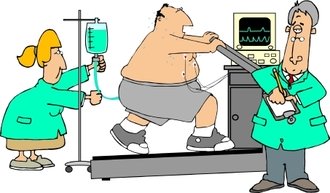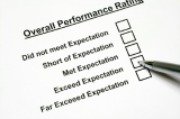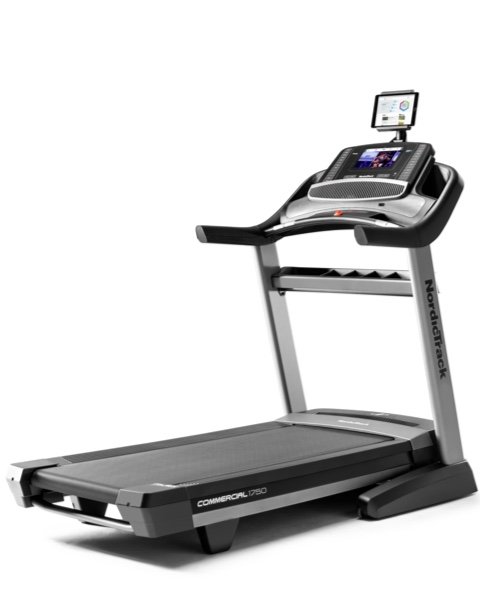How a Treadmill Stress Test Can Save Your Life
A treadmill stress test is one of the primary tools used by doctors to gage the health of people who have the potential risk factors for developing coronary artery disease.
The American Heart Association (AHA) recommends a cardiac stress test, also known as an ECG treadmill test, for patients who appear to be at medium risk.
What is it?
To perform the treadmill stress test the patient walks on a treadmill while attached to monitors which will show how well the heart is functioning. Technically, the stress test is a measure of the arterial blood flow to the left ventricle of the heart during physical exertion.
The treadmill test will show such things as an irregular heart beat, overall cardio condition, and how much blood and oxygen is supplied to the heart during exercise.
Who Does it and How is it Done?

The exercise stress test is performed by a cardiologist who attaches electrodes (leads) to the patient’s chest, places a blood pressure cuff on the arm, and then has the patient walk on a treadmill for about half an hour while being continuously monitored. The stress test will consist of readouts from an electrocardiogram (ECG), plus blood pressure, heart rate, and breathing rate.
The treadmill starts at a casual pace and is increased at 3-minute intervals to test the response of the heart to the new conditions. It will then be sped up, as well as slightly inclined, in order to test the heart at different levels of stress. Afterwards, the patient will sit down and have their blood pressure and heart rate checked again.
Since maximal cardiopulmonary exercise testing of 30 minutes on a treadmill can be too strenuous for some patients, the cardiac stress test can also be sub-maximal, a duration of about 6 minutes, for patients with poor exercise capabilities.
Why You Should Get a Stress Test Done
If you have one or several of the risk factors for coronary artery disease (CAD) including diabetes, high cholesterol, hypertension, or obesity, or you are a smoker, you should consider getting a cardio stress test.
A person “at rest” may show no signs of a problem, even using an ECG during a physical exam. Only when the heart is asked to increase its workload, such as walking on a tread belt, can a physician determine if there is an underlying condition present, as well as the severity of it.
The treadmill stress test is completely safe -- and it could save your life.
UPDATE: December Treadmill Sales are on!
SEE THE BEST CURRENT DEALS HERE
Best By Price
Cheap
Under $500
$500-$1000
$1000-$2000
$2000-$3000
$3000-$4000+
Best By Type
Best Overall
Best For Walkers
Best For Runners
Best Incline
Best Folding
Best Manual
Consumer Reviews

Rave or rant about the treadmill you bought or used at the fitness center. Read reviews submitted by others.

